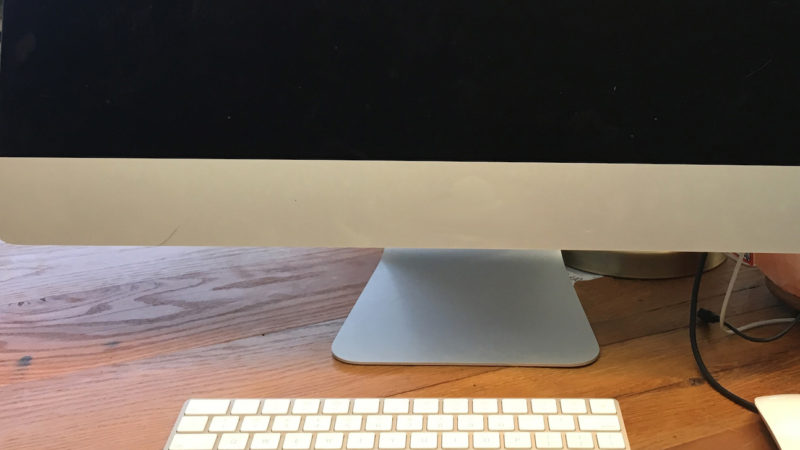It is now 2018 and although we don’t have flying cars (yet), we are looking at a world being shaped by artificial intelligence. Artificial intelligence has made its way into the insurance market with carriers like Zurich Insurance in Europe using AI to cut back the time it takes to process insurance claims. They have reported that processing time has been reduced to seconds rather than hours.
As the insurance market continues to grow more competitive, many agencies are looking to cutback costs and increase efficiency and accuracy. The efficiency at which AI can take in a 100-page report far exceeds that of a human. Computers perform at a much quicker rate and do so with better accuracy. It’s not to blame it on the workforce or lack of hard workers. The human brain can only function so quickly and take in so much information. Computers can recognize patterns and evaluate information that people tend to miss and they do it at a consistent rate.
Further development with artificial intelligence and big data will help carriers improve their processes but it comes at a cost. Like any market, when machines start to take over manual labor, jobs are at risk. Insurance companies that have taken on the new artificial intelligence programs in claims have seen an approximate 30% drop in staff in that department.
Cognitive technologies are not the future anymore. We’re starting to see them in our everyday life with Amazon’s Alexa, Google Home, Apple’s Suri, and IBM’s Watson. As robots and machines are being integrated in more markets, consumers will see major shifts. Businesses are incorporating AI for their own efficiency so that it will influence their customer experience as well. Saving time, money, and improving accuracy will trickle down to the consumer. It will be interesting to see how the future of AI shapes the way consumers interact with their insurance companies.
